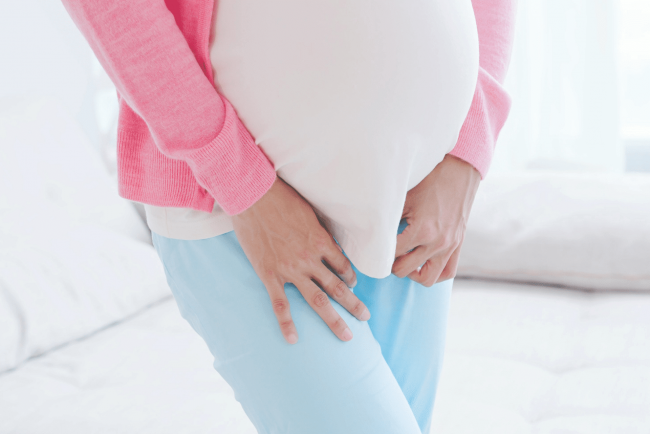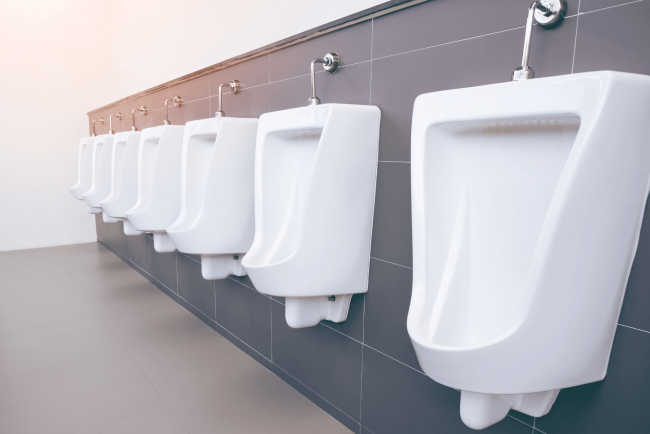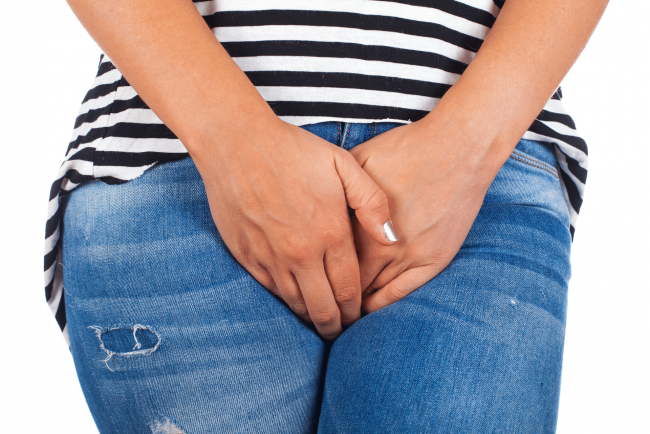Urinary Incontinence in Women: About Your Pregnancy and Incontinence
Some degree of urinary incontinence is common among pregnant women, with almost all women experiencing it at some point during their pregnancy. In many cases, the incontinence is mild and occurs infrequently. For some pregnant women, though, incontinence can be more severe. Research indicates that a large percentage of women with urinary incontinence report having






